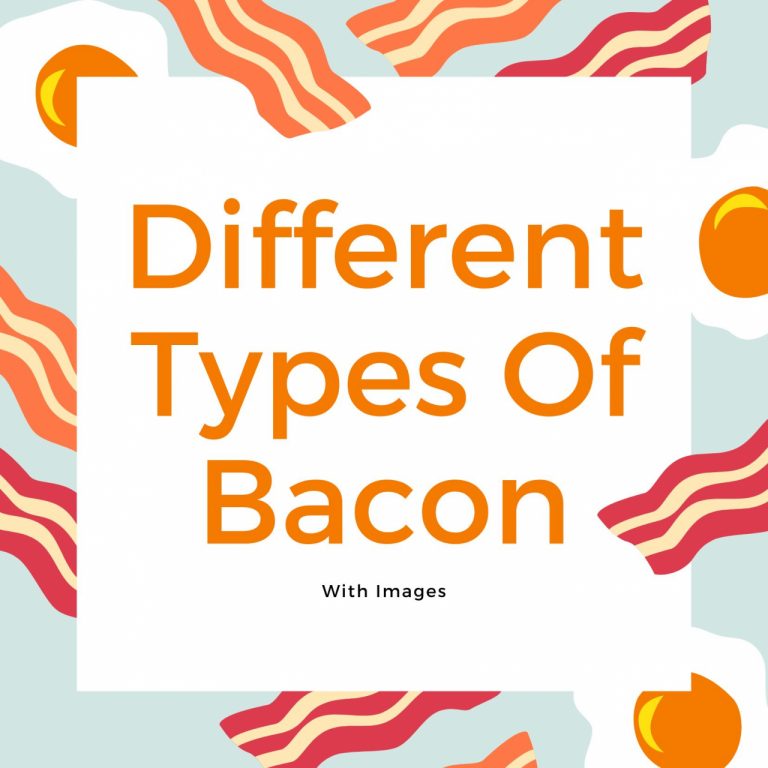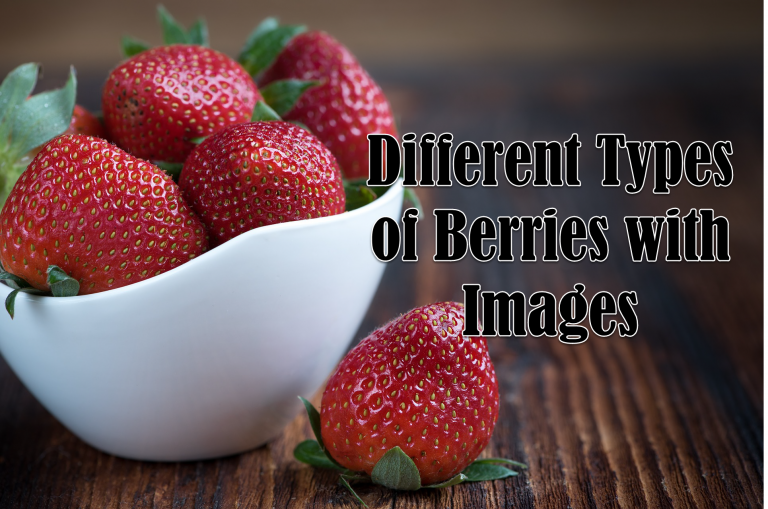7 Different Types of Eggs with Images

Did you know that there are different types of eggs? If you simply limit yourself to chicken eggs, you might be missing a whole lot of opportunities to try out new tastes of eggs and their benefits.
That’s why, in this post, let us go through some of the most common eggs for your consumption and later on, briefly talk about how to cook them.
As a bonus for you, you will also see images of these eggs so you can get a better understanding of how they look.
So, if you’re ready, let’s get into it!
Types of Eggs
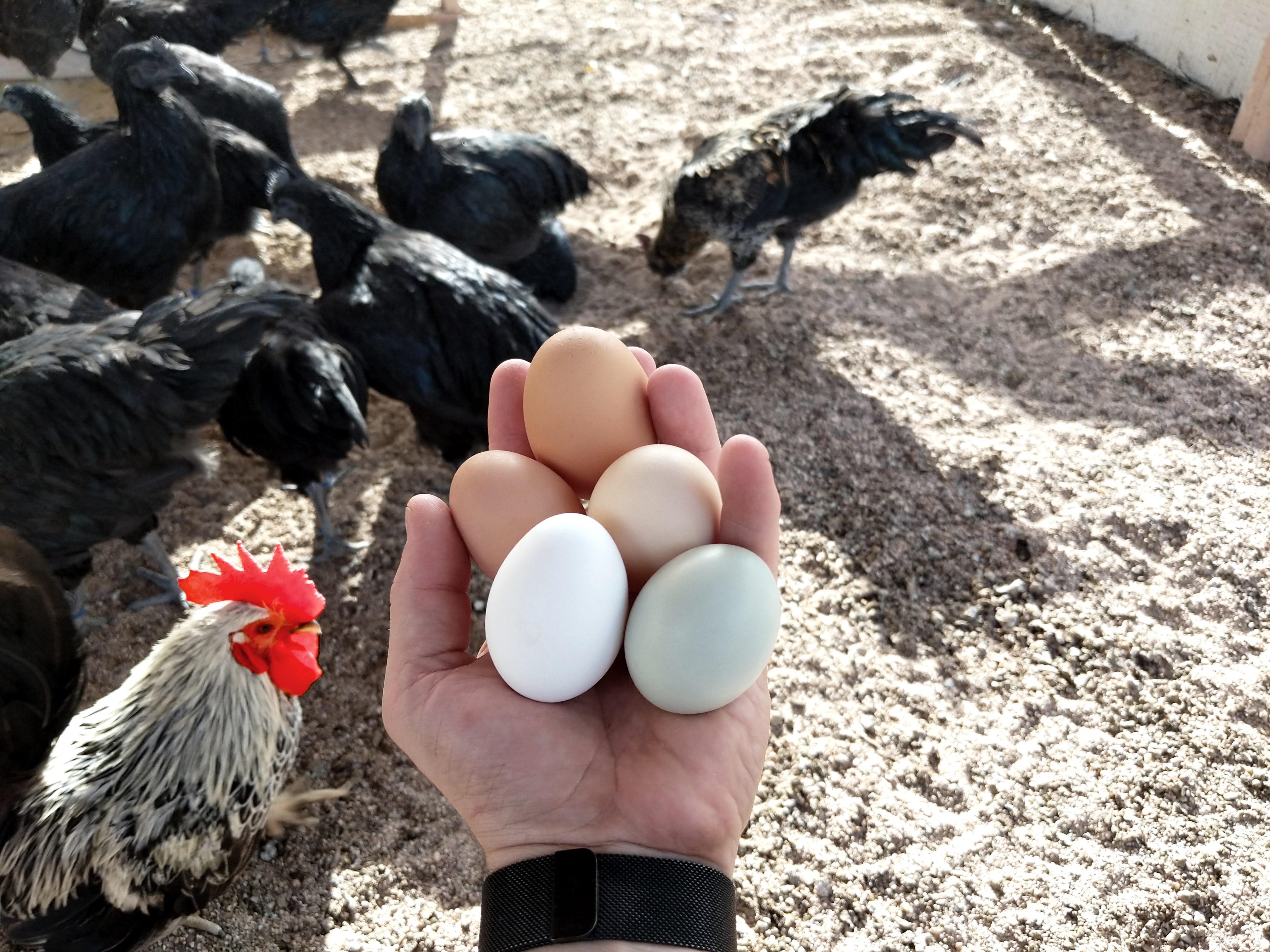
Chicken eggs
First off the list is the most popular and widely used type of eggs — the chicken egg. Hard-boiled eggs anyone?
This should not be surprising because chickens are common livestock and they are the easiest and quickest birds to breed for human consumption.
Chicken egg description
Chicken eggs can either be fertilized or unfertilized. While you can eat both, the most commonly sold ones would be the unfertilized eggs. There’s really not much difference between fertilized and unfertilized eggs in terms of taste.
Chicken eggs can be white or brown. They can be considered standard, free-range, free-run, organic, or vitamin-enhanced eggs.
Chick egg sizes
Chicken eggs come in different sizes and weights and are commonly labeled as small (1.5 oz.), medium (1.75 oz.), large (2 oz.), extra-large (2.25 oz.), and jumbo (2.5 oz.).

Duck eggs
Duck eggs are among the most common substitutes for chicken eggs. Duck eggs have risen to popularity for people who are looking for a healthier choice. Not only that but duck eggs are known to be more flavorful.
Duck egg description
Compared to chicken eggs, duck eggs are bigger and they can be twice as big.
Because of their size, duck eggs are known for their rich, creamy, golden, and large yolk. Duck eggs are also known to be more nutritious due to their size.
Aside from that, a duck egg can come in a wider range of colors. This may include blue-green, pale blue, white, brown, and charcoal gray. Egg color may vary depending on the breed of the duck.
Duck egg nutrition
Duck eggs are considered a healthier choice compared to chicken eggs.
For one, they offer a wide range of carotenoids such as carotene, zeaxanthin, cryptoxanthin, and lutein.
All these carotenoids are known to lower your risk for heart disease, some types of cancer, age-related macular degeneration (AMD), and cataracts.
Aside from carotenoids, duck eggs are rich in choline and lecithin. These nutrients are known to support healthy cell membrane development and maintain the well-being of your brain, neurotransmitters, and the overall nervous system.
If you are pregnant, you’ll benefit from eating duck eggs. Its high content of choline can support the development of your child’s brain.
The egg white found in eggs, especially duck eggs, are rich in protein. The protein in eggs can help you avoid infections through its antiviral, antibacterial, and antifungal properties.

Goose eggs
If you can eat duck eggs, can you also eat goose eggs? The answer is yes. There are people who eat goose eggs, but because of their strong taste and drier consistency, only a few would like to make it a regular part of their diet.
Goose egg nutrition
It’s quite interesting to note though that goose eggs pack a lot of beneficial vitamins and nutrients.
For example, goose eggs are known to have a higher level of vitamins A, D, and E compared to chicken eggs. Not only that but goose eggs provide choline, calcium, and selenium. Perhaps, one drawback you should know is that goose eggs have more cholesterol than chicken eggs.
Goose egg description
Goose eggs are bigger than chicken eggs. So, if you’re trying to follow a recipe that uses chicken eggs, you need to decrease the number of goose eggs that you will use.
Goose eggs are best used in baking, although you can also serve them for meals. A hard-boiled egg seems to be the most preferred way of cooking goose eggs.
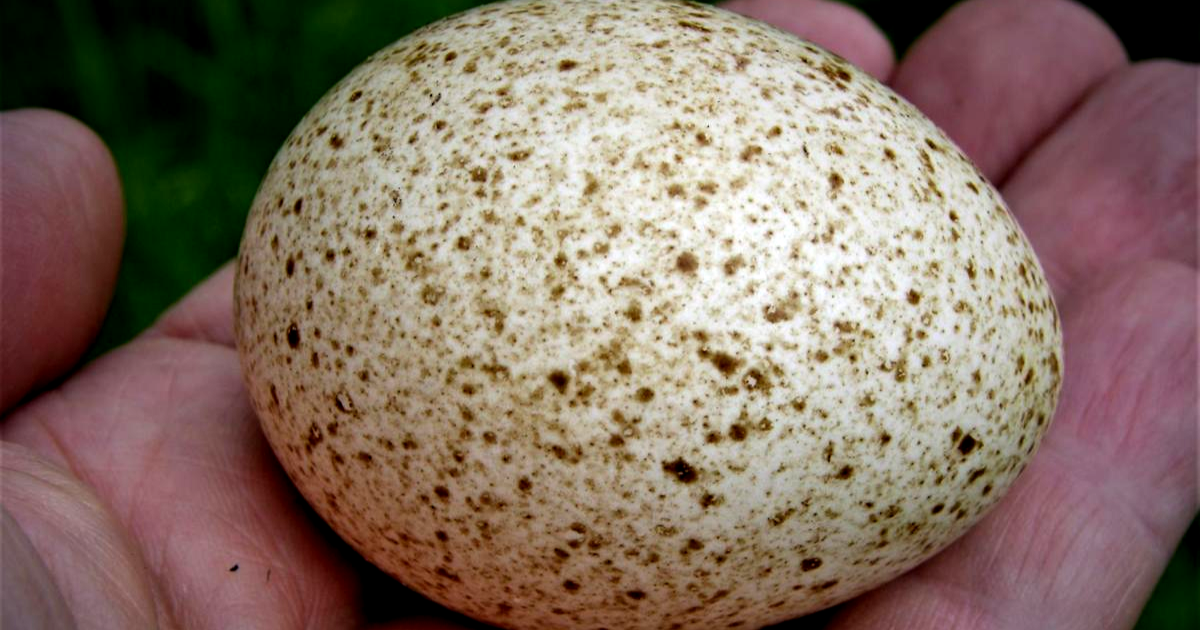
Turkey eggs
Turkey eggs are difficult to find in the market today. They are not as widely available as chicken eggs.
The reason is that farmers would rather raise turkeys and sell them for a higher price than selling their eggs. So, if you find turkey eggs, you should give them a try.
Turkey description
Turkeys are bigger than chickens and thus, turkeys lay bigger eggs. It comes with more calories and would provide you with additional energy for the day. However, please note that turkey eggs have higher cholesterol content.
Turkey nutrition
Turkey eggs are loaded with vitamins B9 and B12, selenium, iron, and other essential minerals. It can also support a stronger immune system.

Quail eggs
Quail eggs are remarkably similar to chicken eggs when it comes to their taste. However, it is obviously smaller compared to chicken eggs. They are about just a third of the size of the eggs produced by chickens.
The color of quail eggs is interesting as well. They have an overall cream color but there are a few darker and lighter spots.
Quail egg nutrition
When it comes to nutrition, quail eggs have a lot to offer as well. However, because they are smaller, you may need three to four quail eggs if you want an equivalent serving size of one chicken egg.
For a size like a quail egg, it’s quite surprising to note how nutritious it can be. Just one quail egg can give you a good amount of selenium, choline, riboflavin, iron, and vitamin 12.
Just a word of caution though, most quail eggs in the market today are unpasteurized and thus, their shell may still harbor harmful bacteria.
If you are pregnant or immunocompromised, be sure you cook quail eggs very well.
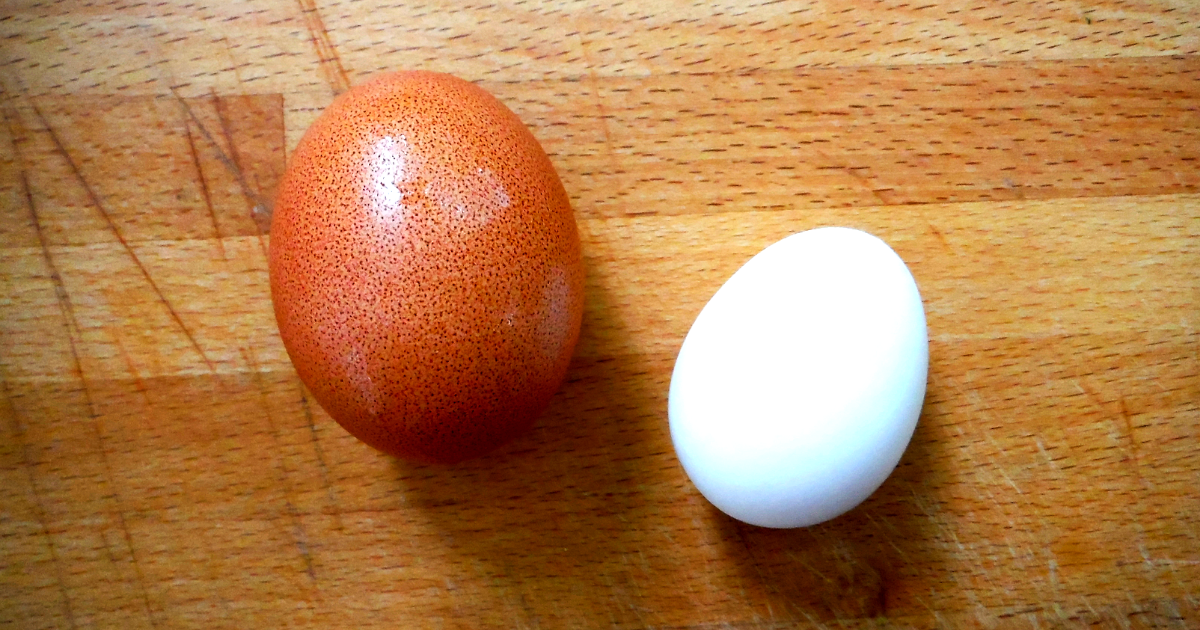
Bantam eggs
Yes, bantams are still chicken and so, why add a different entry for bantam eggs in this list? Well, the reason is that bantam eggs come with a few features different from standard chicken eggs.
Bantam egg description
Just to give you a quick overview; a bantam chicken is the miniature version of chickens. They look exactly like regular chickens but a lot smaller. The name bantam came from the seaport of Bantan, Indonesia.
Bantam eggs are smaller than regular eggs. If you’re going to use bantam eggs instead of the regular eggs, the ratio you should use is three bantam eggs for every two chicken eggs.
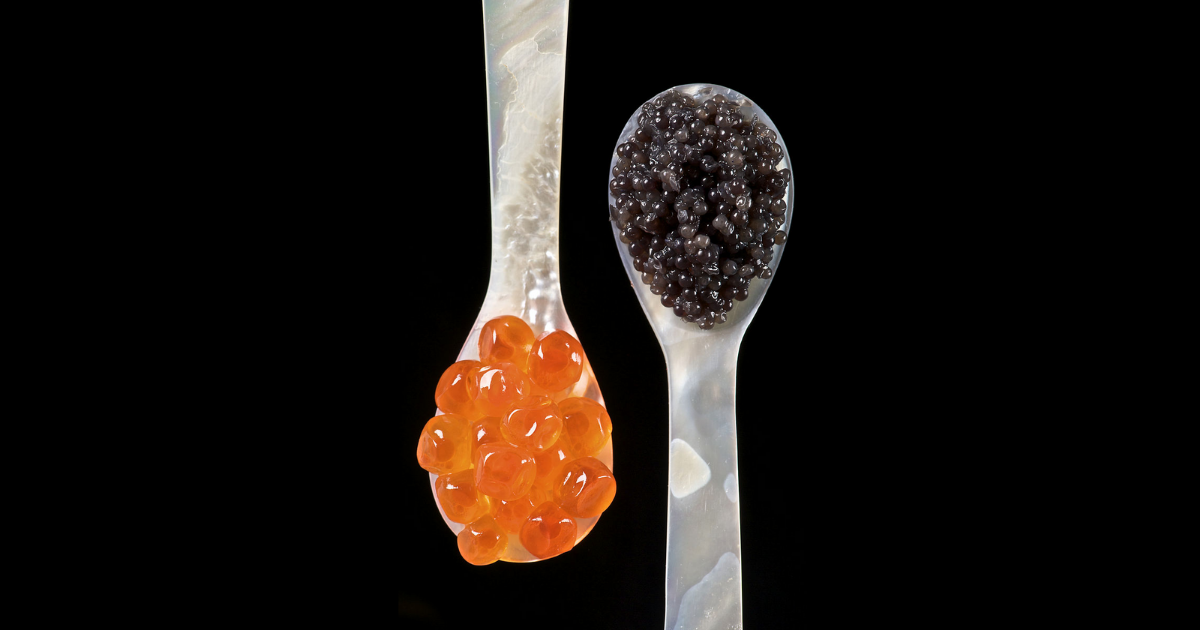
Caviar eggs
Since we are already talking about eggs, we might as well include here the caviar eggs. These are obviously not your typical egg because this egg comes from a type of fish.
Caviar eggs are also known as roe or unfertilized eggs harvested from a type of fish belonging to the sturgeon family. Usually, caviar eggs are salt-cured to extend their shelf life.
Unfertilized fish eggs are also harvested from salmon, which are commonly used in sushi. However, sturgeon roe is the only one that is considered caviar.
Caviar eggs are peculiarly interesting both in appearance and taste.
The shape of caviar is always spherical and its taste is surprisingly not too fishy, but rather it comes with a nutty, buttery, and smooth taste.
A caviar egg can be deep khaki green or jet black in color. Authentic caviar is best known for its “Caspian pop” feature that happens when you bite into the roe.
Caviar egg nutrition
As expected from an exquisite and expensive type of egg, caviar eggs come with a lot of vitamins and minerals.
Caviar eggs come with a substantial amount of Omega 3, which is known to improve your immune, circulatory, and nervous systems. Aside from Omega 3, Caviar eggs offer vitamins A, B6, E, magnesium, iron, and selenium.

How to cook eggs
There are different ways of cooking eggs. It’s important to note the size of the egg you’re trying to cook. It is better to boil small eggs rather than use a frying pan. You should also need to consider if you are just cooking egg whites, egg yolks, or an egg mixture of both.
Here are some of the types of eggs you’ll find depending on how they are cooked:
- Soft boiled eggs
- Hard boil eggs
- Fried eggs
- Poached eggs
- Baked eggs
- Sunny side up eggs
- Frittata
- Omelet
- Scrambled eggs
Each of these cooking methods adds a unique experience to your recipe. You can try various ways to cook eggs and discover which one would meet your needs.
Choose the right type of egg for you
Now that you know the different types of eggs and how to cook them, you can now have a better idea of which one you should choose.
Don’t limit yourself to just one type.
Give each egg a try and cook them in the best way you can.

